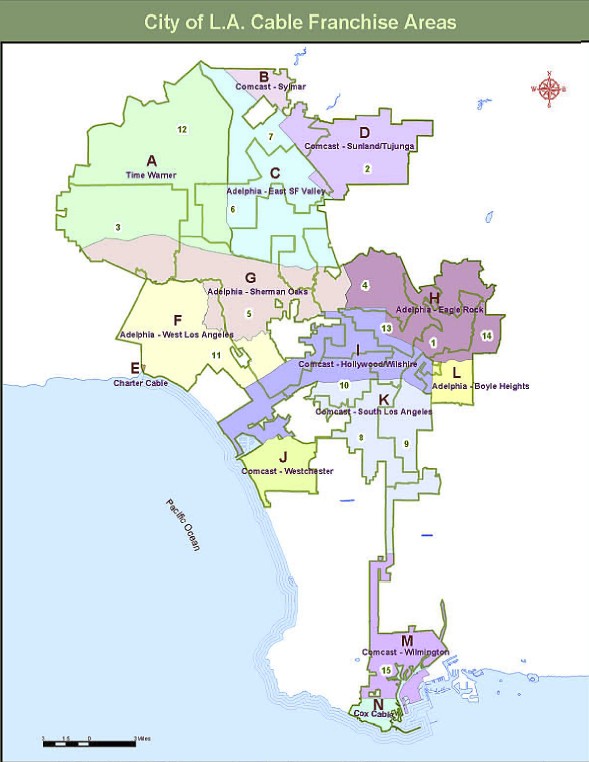A proposal to add a monthly $4 fee to every Baltimore cable subscriber’s bill to raise money for the fiscally-challenged city has been withdrawn after the city solicitor’s office warned the legislation would violate federal law.
City councilman Jim Kraft (D-District 1) proposed the city extend the existing telecommunications tax levied on telephone lines to cable television service in a bid to raise up to $5 million dollars annually towards the $50 million required to restore funding for curtailed fire, police, and recreational facilities.
Kraft’s proposal was an alternative to a controversial four cent bottle tax on beverages that could have driven some shoppers out of the city for cheaper untaxed alternatives available in the suburbs.
Kraft called his cable TV tax proposal “a fair tax.”
“Employed or unemployed, property taxpayer or exempt from property tax — this fee is borne by all,” he wrote in a mailing to constituents.
But the proposed tax ran into the Internet Tax Freedom Act, currently extended until 2014, which bans any taxation on broadband service, a major component of today’s cable systems. The city’s lawyers also warned Baltimore could not tax home satellite service either: “Congress has specifically exempted providers of direct-to-home satellite service from collection or remittance of any tax or fee imposed by a local taxing jurisdiction.”
America’s cities continue to face unprecedented budget challenges in light of the distressed economy. Some cities are slashing services, others are raising taxes and fees to make up the difference. Baltimore in in the latter category with wide-ranging proposals to up fees and taxes for everything from the hotel room tax rate, outdoor billboard advertising, and energy to new higher fines for parking and civil violations.
The bottle tax bill is likely back on the agenda as well.
[flv]http://www.phillipdampier.com/video/WJZ Baltimore New Taxes 5-2010.flv[/flv]
WJZ-TV in Baltimore delivered this rundown on the city’s large number of tax and fee hikes to close a $50 million shortfall. (3 minutes)
[flv width=”640″ height=”500″]http://www.phillipdampier.com/video/WBAL Baltimore Cable TV Tax Proposal Pulled 5-28-10.flv[/flv]
WBAL-TV ran this report over the demise of the telecommunications tax for cable television. (2 minutes)


 Subscribe
Subscribe








